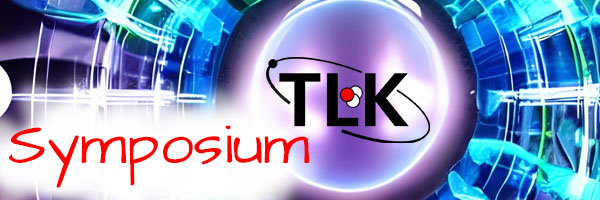Speaker
Description
Since starting operation in 1993 the Tritium Laboratory Karlsruhe (TLK) has developed into a unique pilot scale isotope laboratory focused on tritium handling and processing to conduct a variety of scientific experiments and development tasks.
While TLK was initially focused to develop technical tritium handling techniques and processes in view of the fuel cycle in future fusion power plants (development of processes and components for detritiation of gases expected from tokamak exhaust, development of a combined water detritiation and cryogenic distillation system and the application of different methods for tritium analytics), the current mission is to host the tritium source of the Karlsruhe Tritium Neutrino experiment (KATRIN), which will use tritium for direct measurement of the absolute mass of the electron (anti)neutrino, employing precise spectroscopy of the tritium β-spectrum close to the maximum energy of 18.6 keV.
In order to fulfil this mission, TLK currently operates a dedicated semi-technical-scale tritium- infrastructure for reliable and modular tritium confinement and processing. This system is comprising of tritium storage & delivery, isotope recovery and isotope separation, housed in 15 glove boxes of ~125 m³ total volume.
A set of regulations is applied as a basis for the operation of TLK, resulting in a regulatory framework of operation in view of licensing as well as administrative and technical regulations, that ensure a both safe and flexible environment, to legally and reliably operate an isotope laboratory of this scale.
This contribution will give an overview of both the past and current state of the TLK tritium infrastructure operations, as well as lessons learned.

